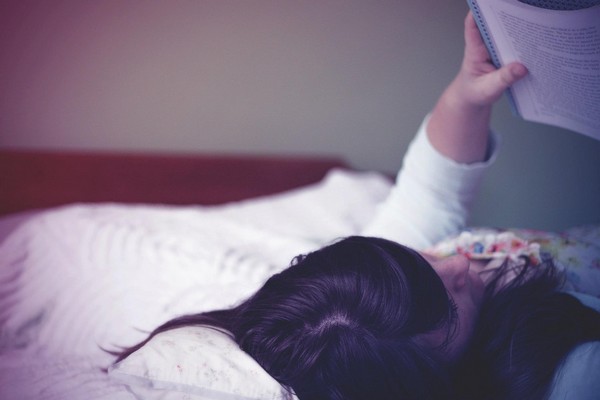With a huge 70% of college students reporting at least a small amount of sleep deprivation, it is surprising how many people make it through college years. Aside from being a major determinant of health, healthy sleep hygiene plays an important role in academic performance and such, future prospects!

Delayed sleep phase syndrome
Commonly abbreviated as DSPS, people experience delayed sleep phase syndrome when their time for sleep onset moves a little further each night. Many students do this, shifting their sleep gradually from as early as 8 PM to as late as 5 AM. Teenagers also have a different body clock to adults that causes them to naturally feel tired later. DSPS can affect how tired you are if you have early classes to attend. To avoid DSPS, simply wake up at the same time every rising. Also get sunlight during the day while avoiding bright light at night.
Late night alcohol
Cutting out or cutting back on alcohol will improve the quality of your sleep. It also will make it easier to get up in the morning (avoid a hangover). This means that though alcohol definitely can make you more tired, it can also give your body more to process during sleep and you will get up still feeling sleepy.
Last minute studying
We’ve all been there: using that final night to cram the entire syllabus. However, this is actually shown to have a negative effect on grades in comparison to those students who prioritize sleep. Resting the body is essential to memory as it facilitates long term memory. Leading up to exams, study during the day and sleep during the night.
Eating lunch after a nap
Power naps are shown to increase both alertness and concentration during the day, especially when there has been lost sleep. During the afternoon there is a natural fall in alertness, which can make classes and studying more difficult. Use this time to take a 20 minute nap, and avoid napping close to when you actually go to bed.
Exercise
This is a brilliant and accessible method to improve your health and wellbeing across the board. Studies clearly show that people who partake in regular exercise get better sleep. Besides, exercise improves your mood, boosts the immune system and increases blood flow to the brain. You only need a little light exercise daily to reap the benefits.
Turn off the TV before bed
The blue backlight on many TV screens is shown to have an awakening effect on the brain, keeping you up for longer and promoting insomnia.
“The light in general backfires on your natural melatonin system in your brain. Melatonin is the molecule that tells your body it’s time to sleep, so it’s important to allow it to do its job,” says Chauncey Kroll, educator at Academized and UKWritings.
Studying and sleeping in the same place
Avoid studying on your bed, and if possible, avoid studying in your bedroom altogether. This will make studying harder as your brain will be conditioned to see the study space you are in as a resting place. It will also make sleeping harder as you will associate the room with trying to stay alert.
Limiting caffeine intake
It seems completely logical – avoid caffeinated drinks at night completely. This will make sleeping harder for you. Also try to limit them during the day. Research shows that drinking coffee even as you wake up can affect sleep much later on.
“Other natural stimulants you can incorporate into your diet are gingko biloba, ginger and ashwagandha.” Says Mack Barrett, health writer at OXEssays and ViaWriting.
Treat yourself
Reward yourself when you get up on time. Have a delicious breakfast, wash with a great smelling shower gel, watch a favorite TV show… Do something that will make you start looking forward to getting up on time.
Allow yourself enough time
College students – 18- to 25-year olds specifically – generally require 7-9 hours of sleep. However, to ensure this happens nightly, give yourself a clear 8 or 9 hour window to rest in. A window too long will reduce the quality of sleep and a window too short will lead to sleep deprivation.
Take magnesium
In order to have better sleep quality, you should take magnesium. It helps activate the neurotransmitters that control relaxation and sleep. So, taking it can help you fall asleep faster and sleep better in general. Not taking enough of magnesium could cause some problems with sleep as well.
